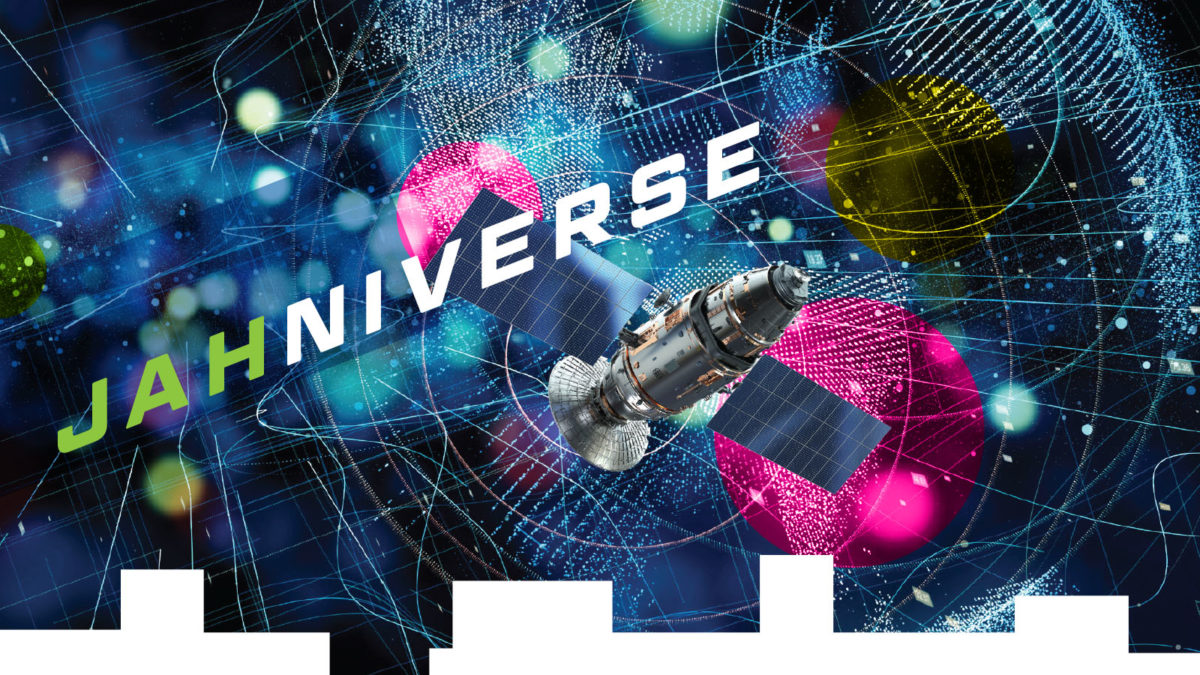Why Starlink must be reined in
By Moriba Jah|December 2024
Elon Musk’s Starlink internet constellation has charged forward, creating a near monopoly of some 6,500 satellites in low-Earth orbit, with plans underway to add tens of thousands more.
Here is outgoing Federal Communications Commission Chairwoman Jessica Rosenworcel speaking in September with Fedscoop: “We do have one player that’s almost two-thirds of the satellites that are in space right now, and has a very high portion of internet traffic. And the way I see it is, our economy doesn’t benefit from monopolies,” she said, in reference to Starlink.
The U.S. presidential election has put this issue front and center. The ongoing alliance between Musk and President-elect Donald Trump creates a conflict of interest that risks turning Starlink’s near monopoly into a full-blown one. Orbital carrying capacity is finite, and once it is consumed by Starlink, that’s it. Just like two families can’t have separate homes on the exact same land, two satellites can’t occupy the same orbital space simultaneously. Starlink is in the process of effectively crowding out competitors at the orbital altitude in which it operates. Musk’s relationships with Trump and his allies on Capitol Hill could end any chance of regulating LEO fairly and wisely to ensure sustainability in LEO for all.
The conflict of interest began emerging in May, when Musk created America PAC, a “super PAC” that’s permitted to raise unlimited funds for a candidate, provided it does so independently from the campaign. Musk reportedly seeded America PAC with $75 million of his own dollars. Then in November, Trump named Musk and pharmaceutical entrepreneur Vivek Ramaswamy to lead an external group to be called the Department of Government Efficiency that would “slash excess regulations” with advice from “outside the Government,” Trump said in a statement on X. He also referenced the department’s acronym, “DOGE,” and as CNBC reported, the value of the Dogecoin cryptocurrency lauded by Musk in the past shot up.
We all want our government to operate as efficiently as possible, but someone with so much business before regulators and a knack for mixing public and private interests should not be the one to do it. What’s at stake? Everything from who controls space and vital communications services on the ground to how U.S. taxpayer dollars are spent.
Here’s what we know so far:
Musk turned off Starlink in the midst of a 2022 Ukrainian military operation against its Russian occupiers. No single person or entity should have so much power.
As for tax dollars, Republican Rep. James Comer of Kentucky announced in October that the House Committee on Oversight and Accountability is investigating FCC’s decision to stand by a 2022 decision to revoke the potential award of $885.5 million in subsidies to SpaceX and Starlink. These dollars would have been provided under the Rural Digital Opportunity Fund program, but when it reviewed the SpaceX application, FCC questioned the constellation’s ability to reach the required data speeds and whether the service would be affordable to most rural people.
Indeed, Musk’s narrative of Starlink as a savior for rural and underserved areas (see stories.starlink.com) glosses over key facts: The $599 starting price for Starlink equipment, plus subscription fees, puts the cost of access at barely below the gross domestic product per capita of places like Haiti, Sierra Leone, Rwanda, the Amazon Basin and even some rural areas in the United States.
Also, Starlink’s data rate is not high enough to deliver internet parity to rural people. For example, in Austin, Texas — where ironically both Musk and I live — fiber delivers customers 1-gigabits-per-second internet service for $70 a month with no equipment costs. That’s 10 times faster than Starlink’s standard residential service, whose monthly costs are $120.
We are potentially headed for a taxpayer-subsidized takeover of LEO at the expense of competition, regulatory safeguards, the public interest and science.
The Starlink satellites have already increased the risk of collisions and added to the growing space debris crisis. When a Starlink satellite malfunctions, it can become a piece of unpredictable debris in an already congested space environment. The satellites have also become an obstacle to astronomers and others who rely on clear night skies and low radio interference for their work. Scientists have appealed to FCC to curb Starlink’s impact on astronomical observations, emphasizing that the sheer number of satellites, with their brightness and constant transmissions, interferes with faint signals from distant stars and galaxies. This interference could erase decades of progress in understanding our universe, limiting the scope of astronomical research and compromising the integrity of scientific discovery.
In the end, Starlink’s emerging monopoly presents a fundamental question that each of us must address in our role as informed citizens: Should the promise of space remain open to all, or should it be permitted to become the dominion of the wealthiest few?
Aerospace America publishes a rich variety of opinions relevant to the future of aerospace. The views expressed are those of the author(s) and do not necessarily reflect those of our publisher, AIAA.








